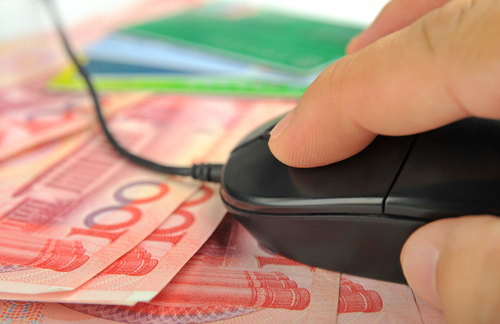Bloggin’ ain’t easy. Doing it well takes commitment, research, accuracy and regular postings. And, of course, a knack for writing. The staff of Risk Management has a few favorite blogs that we visit on a regular basis for their insight, knowledge and timeliness. The following are 10 of our favorite risk management and insurance blogs:
- The Call: Foreign Policy magazine’s blog posts are authored by Ian Bremmer, president of the global risk research and consulting firm Eurasia Group. The blog uses political science to analyze the future of politics and the global economy. When it comes to industry blogs, this one is my personal favorite.
- Terms + Conditions: The Insurance Information Institute’s blog covers current disasters, risks, laws, regulations and market conditions, among other topics. Claire Wilkinson, vice president for global issues at III, has done a great job of posting timely articles first thing in the morning, and it seems she’s been joined recently by James Lynch, a veteran insurance professional and blogger.
- Clear Risk: The company itself works with organizations to help improve their risk management techniques and the blog, managed by Craig Rowe, covers the various aspects of risk management and insurance in a well-organized and easy to read manner.
- Schneier on Security: Bruce Schneier, a security technologist and author, manages this blog, which focuses on security and security technology. He has testified on security before the United States Congress and has written articles for some of the worlds biggest publications. Schneier, an opinionated tech man, knows what he’s talking about — and it shows in every post.
- Workers’ Comp Kit Blog: This blog covers (you guessed it) everything relating to the world of workers’ comp. It acts as a discussion forum for employers to learn about workers’ comp cost containment, techniques and strategies. The blog is managed by Rebecca Shafer, and attorney and risk consultant, and features posts by more than 30 other professionals. Though the format of the blog can be somewhat distracting (ads galore), the content is useful.
- GC Capital Ideas: The website, a part of reinsurance intermediary Guy Carpenter, refers to itself as more of a platform from which it disseminates information that has been published through reports, briefings and bylined articles. I refer to it as a blog and its information is has proved valuable to our team on more than one occasion.
- Calculated Risk: This blog offers a sophisticated analysis of economic data, from consumer sentiment to the mortgage and housing industry to the banking industry. Managed by Bill McBride, a full-time blogger with a background in finance and economics, Calculated Risk proves successful at turning complicated technical data into useful information for the masses. McBride publishes several posts per day.
- Political Risk Explored: Brian Hasbrouck, a man with a serious interest in the international political economy, manages this blog. PRE’s short and sweet posts pull from other publications or reports that the blog’s readers may have never come across on their own. The blog’s simple format makes it easy to navigate and read and the Twitter feed embedded on the right-hand side is an added bonus.
- Product Liability Monitor: This blog was created by attorneys in the Weil product liability practice and discusses key trends, developments and events that have shaped and are shaping the product liability landscape. The blog’s clean format is something to be imitated.
- The FCPA Blog: Its simple name leaves no guesses as to what it covers — news and views about the United States Foreign Corrupt Practices Act. Managed by Richard Cassin, the multiple daily posts gives readers a grim reminder of the oft-corrupt corporate world and analysis of the FCPA’s actions.
If you think we have left off an important blog related to the industry, please let us know in the comments section below.


